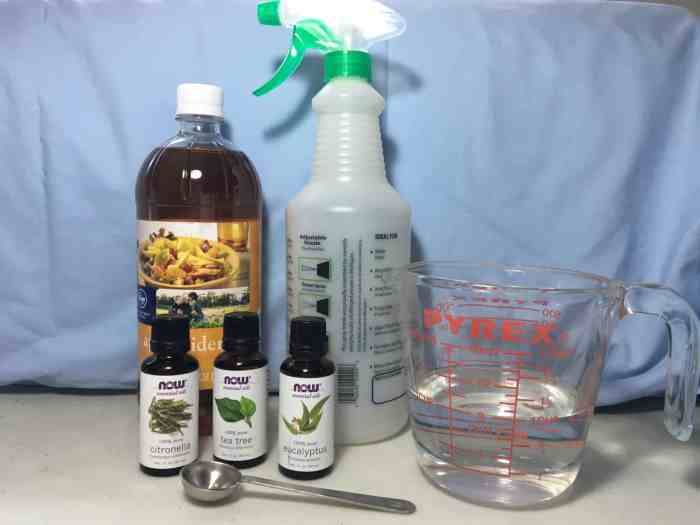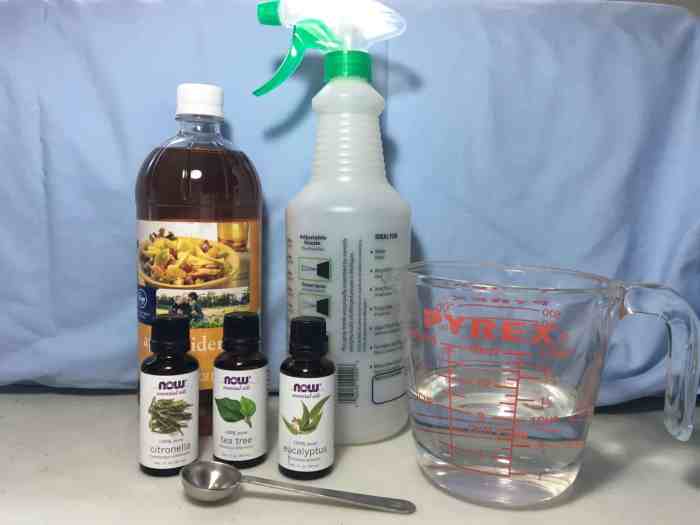DIY horse fly spray offers a natural and cost-effective way to protect your equine companions from those pesky biting insects. Horse flies, with their painful bites, can make life miserable for horses, leading to discomfort, irritation, and even health complications. But by harnessing the power of essential oils and other natural ingredients, you can create a safe and effective repellent that will keep those pesky flies at bay.
This guide will delve into the world of DIY horse fly sprays, covering everything from understanding horse fly behavior to crafting your own repellent. We’ll explore the most effective natural ingredients, share easy-to-follow recipes, and provide tips for application and safety. So, let’s dive in and discover how you can keep your horses happy and fly-free!
The Importance of Horse Fly Repellents: Diy Horse Fly Spray

Horse flies are a common nuisance for horses, and their bites can cause discomfort, pain, and even serious health problems. These persistent pests can be a major distraction for horses, impacting their performance and overall well-being. It’s essential to understand the potential risks associated with horse fly bites and the importance of using effective repellents to protect your equine companions.
Health Risks Associated with Horse Fly Bites, Diy horse fly spray
Horse fly bites can cause a variety of health problems for horses, ranging from minor discomfort to serious infections.
- Pain and Swelling: The bites themselves can be quite painful, causing immediate swelling and redness around the bite site.
- Allergic Reactions: Some horses may experience allergic reactions to horse fly saliva, resulting in severe itching, hives, and even anaphylaxis.
- Infections: Horse flies can transmit diseases like Lyme disease, anaplasmosis, and equine infectious anemia through their bites.
- Anemia: Horse flies are blood-sucking insects, and repeated bites can lead to anemia, particularly in young or weakened horses.
The Importance of Using Repellents to Protect Horses from Horse Flies
Using horse fly repellents is crucial for protecting horses from these pesky insects and the associated health risks. Repellents create a barrier that discourages flies from landing on and biting horses, reducing the chances of bites and potential health complications.
Types of Horse Fly Repellents
Several types of horse fly repellents are available, each with its own advantages and disadvantages.
- Chemical Repellents: These repellents contain active ingredients that deter flies. Common ingredients include DEET, picaridin, and permethrin. These repellents are generally effective but should be used cautiously, following the manufacturer’s instructions.
- Natural Repellents: These repellents are made from plant-based ingredients, such as essential oils, herbs, and citrus extracts. While they may be less potent than chemical repellents, they are a good option for horses sensitive to chemicals.
- Fly Masks: These masks cover the horse’s face and ears, preventing flies from biting these sensitive areas. Fly masks are especially helpful for horses that are prone to allergic reactions or have sensitive skin.
- Fly Sheets: Fly sheets are lightweight blankets that cover the horse’s body, providing a barrier against flies. They are particularly effective for horses that spend time outdoors.
- Fly Traps: Fly traps attract and trap flies, reducing their population around the horse’s stable or pasture.
Creating your own horse fly spray is a rewarding experience, empowering you to protect your horses naturally. While DIY repellents can be effective, remember that they may not always provide the same level of protection as commercially available products. For optimal fly control, consider a combination of methods, including stable management practices, fly traps, and fly masks. By taking a proactive approach, you can help ensure your horses enjoy a comfortable and fly-free summer.
Making your own horse fly spray can be a great way to save money and ensure you’re using ingredients you feel comfortable with. While researching natural repellents, you might come across clonidine , a medication used for high blood pressure and ADHD, but it’s not something you’d want to use on your horse. Stick to safe and effective ingredients like essential oils, vinegar, and garlic for your DIY fly spray.

